my favorite movies of 1932:
(1) I Am a Fugitive from a Chain Gang
(2) Horse Feathers
(3) Broken Lullaby
(5) Jewel Robbery
favorite of 1932:
I Am a Fugitive from a Chain Gang
(Paul Muni, Glenda Farrell, Helen Vinson. Directed by Mervyn LeRoy.)
In the early 1930s, just a few years after talking was introduced to movies, Warner Bros. executives were skeptical that audiences would pay to see I Am a Fugitive from a Chain Gang, based on a true story about an unfairly accused man (played by Paul Muni). The idea of making a movie to raise viewers’ social consciousness was questioned; wouldn’t people rather be entertained to take their minds off the Great Depression? (That kind of debate was shown at the beginning of Sullivan’s Travels, one of my favorite movies of 1941.)
The debate was settled when I Am a Fugitive from a Chain Gang became a surprise hit. It was the third highest grossing Warner Bros. movie of the year, and was nominated for Oscars including Best Picture and Best Actor.
This movie shows how the American dream can be crushed by the system.
The final scene, drenched in darkness (both visual and metaphorical), was a precursor to 1940s and ’50s film noir.
In the excellent DVD commentary by film professor Richard Jewell (who coincidentally has the same name as a wrongly accused man), he recalls that when he showed I Am a Fugitive from a Chain Gang to a class in the 1990s, something happened for the only time in his career: a student had an outburst and started yelling at the screen because she was so upset at what was happening.
Some have credited this movie for leading to reforms of chain gangs and eventually their abolition in the US.
While the specific issue of chain gangs has faded away, the larger importance of this movie is still with us 90 years later. You can feel it in the chilling last lines, which will echo in your mind after it’s over. I Am a Fugitive from a Chain Gang is one of those “old” movies that doesn’t get old.
Stream I Am a Fugitive from a Chain Gang on Tubi (free with ads) or these sites.
2nd favorite of 1932:
Horse Feathers(Groucho Marx, Harpo Marx, Chico Marx, Zeppo Marx, Thelma Todd. Directed by Norman McLeod.)The Marx Brothers in college during Prohibition.
In this scene, Harpo “gets tough” with college football players they’re trying to kidnap:
“Tie on the bed, throw the rope out the window!”
The joke of Chico sitting back and letting Harpo take all the risks of confronting the football players in that scene was done out of necessity: Chico had recently been injured in a car crash, so he had to sit down for much of the movie.
3rd favorite of 1932:
(Lionel Barrymore, Nancy Carroll, Phillips Holmes, ZaSu Pitts. Directed by Ernst Lubitsch.)
This movie’s director, Ernst Lubitsch, was known for making comedies, so Broken Lullaby, a drama, was unusual for him. His comic sensibility still shines through in grim ironies: at the beginning, after World War I, we see a military man in the foreground, standing on one leg because he lost the other one in the war, and the space where that leg should be is where we see a triumphant military parade marching through Paris. Then Lubitsch cuts to a veterans’ hospital, where a patient with PTSD wakes up screaming at hearing militaristic noises from the parade outside his window.
Lubitsch flashes back to the trenches of World War I, where a French soldier (Phillips Holmes) does his duty of shooting a German soldier but becomes distraught when he sees a letter the German wrote to his fiance, which he was in the middle of signing. The French soldier takes the dying soldier’s hand and finishes his signature. After the war, the French soldier goes out looking for something — maybe moral redemption, or human connection. First he goes to church, but the priest tells him there’s no need for confession because he’s done nothing wrong. The Frenchman isn’t satisfied with that, so he goes to Germany seeking out the loved ones of the man he killed. …
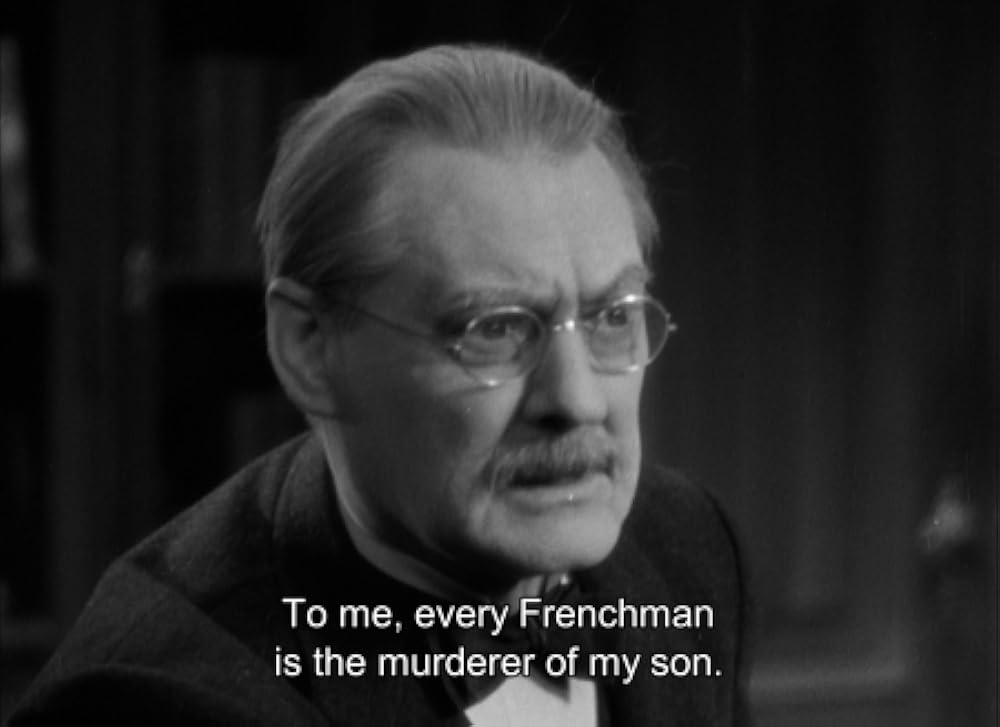 |
| Lionel Barrymore |
I don’t know anywhere to stream Broken Lullaby, so I recommend the Kino blu-ray.
4th favorite of 1932:
Trouble in Paradise(Miriam Hopkins, Kay Francis, Herbert Marshall, Edward Everett Horton. Directed by Ernst Lubitsch.) This movie seemed to have a strong effect on Ebert, who wrote:When I was small I liked to go to the movies because you could find out what adults did when there weren’t any children in the room. As I grew up that pleasure gradually faded; the more I knew the less the characters seemed like adults. … “Trouble in Paradise” reawakened my old feeling. It is about people who are almost impossibly adult, in that fanciful movie way — so suave, cynical, sophisticated, smooth and sure that a lifetime is hardly long enough to achieve such polish. They glide. …For the past few years I’ve been watching hundreds of movies that are new to me in order to finish this list, and one of the joys of this project has been discovering Miriam Hopkins. This is the first of her movies I’ve included on the list, and it won’t be the last. She isn’t known as one of the greatest actors, but her shamelessly hammy style works wonderfully with lines like this:
Herbert Marshall plays a gentleman jewel thief, Miriam Hopkins plays the con-woman who adores him, and Kay Francis is the rich widow who thinks she can buy him. … They live in a movie world of exquisite costumes, flawless grooming, butlers, grand hotels in Venice, penthouses in Paris, cocktails, evening dress, wall safes, sweeping staircases, nightclubs, the opera and jewelry, a lot of jewelry. … What happens, and you are surprised to sense it happening, is that in a drawing room comedy of froth and inconsequence, you find that you believe in the characters and care about them.
Stream Trouble in Paradise on these sites.
5th favorite of 1932:
(William Powell, Kay Francis. Directed by William Dieterle.)
A gem about a gem! Kay Francis is a rich housewife craving more thrills than she can get in her mansion, and it’s just her bad/good luck to be caught up in a jewel robbery masterminded by a man in a three-piece suit who’s impossibly debonair under the circumstances (William Powell).
By the 1940s and ’50s, a movie about a jewel thief would have to be a film noir, and it would have to teach us a grimly moralistic lesson; you’d be able to sense the finger wagging just off-screen. Jewel Robbery captures a fleeting moment before then — somehow both more innocent and more knowing, a relic of its time and yet ahead of its time. I love noir, but I also love how Jewel Robbery is … the opposite of noir? It could only have been made exactly when it was made: just two years earlier and it wouldn’t have been polished enough to achieve the same sophistication; just two years later, after the pre-Code era, and the censors would’ve killed everything fun about it, from kinkiness to marijuana. By the time it could’ve passed the censors decades later, crime movies needed less glamour and more grit.
No, we might never see another movie like this, with glistening black and white, sparkling dialogue, and actors like William Powell and Kay Francis who could throw morals out the window with such grace. It’s the kind of movie where one of them can look directly at us in closeup to share a naughty secret, and we’re not even fazed by this breaking of the fourth wall, because we know this is a frivolous movie world and we don’t need it to resemble real life; we’re just glad to be let in on the secret.
You can stream Jewel Robbery on these sites.
6th favorite of 1932:
(Charles Laughton, Richard Arlen, Kathleen Burke, Bela Lugosi. Directed by Erle C. Kenton.)
10 things about Island of Lost Souls.
Criterion’s essay sums up this pre-Code horror movie and explains how it still endures today:
based on the 1896 H.G. Wells novel The Island of Dr. Moreau, Island of Lost Souls … is the story of a mad scientist’s attempts to convert wild animals into human beings by way of vicious medical procedures. Through the eyes of Edward Parker (Richard Arlen), a shipwrecked innocent, we discover Dr. Moreau (the inimitable Charles Laughton), living with his assistant, Montgomery (a laconic Arthur Hohl), among the beast-men he has molded in the laboratory he calls the House of Pain. The film was a sensation when it was released. Its frank references to vivisection and Moreau’s delight in “feeling like God” got it banned in twelve countries, including England, where it was described as being “against nature.” In America, state censors … cut various lines and scenes, depending on local standards and tastes. Nonetheless, people were reportedly so repulsed that they vomited in their seats. … Modern audiences, schooled in the politics of … factory farming, cloning and animal testing, may find the film’s interest in the manipulation of nature and the threat posed by science run amok quite contemporary. These themes are not, however, what makes it most resonant today. That honor belongs to the beast-men — the most wretched things of the earth, calling out for compassion. Island of Lost Souls insists on a continuity between the human and nonhuman; it asks us to relate to animals on the basis of our shared capacity for suffering. … The point of it all is not whether they, or we, are animals or human beings. It’s about what kind of human beings we are, or could be.
A director named Lev Kalman added:
What is totally unforgettable about this film is the photography: constant fogs, blooming white surfaces, and inky jungle shadows. There’s a shot of the hero and the Panther Woman [Kathleen Burke] reflected in a pool of rippling water, then her real foot dips into the frame — it makes me gasp. …
I don’t know anywhere to stream Island of Lost Souls, but you can check here.
Click here for the full list of my favorite movie(s) of each year from 1920 to 2020.
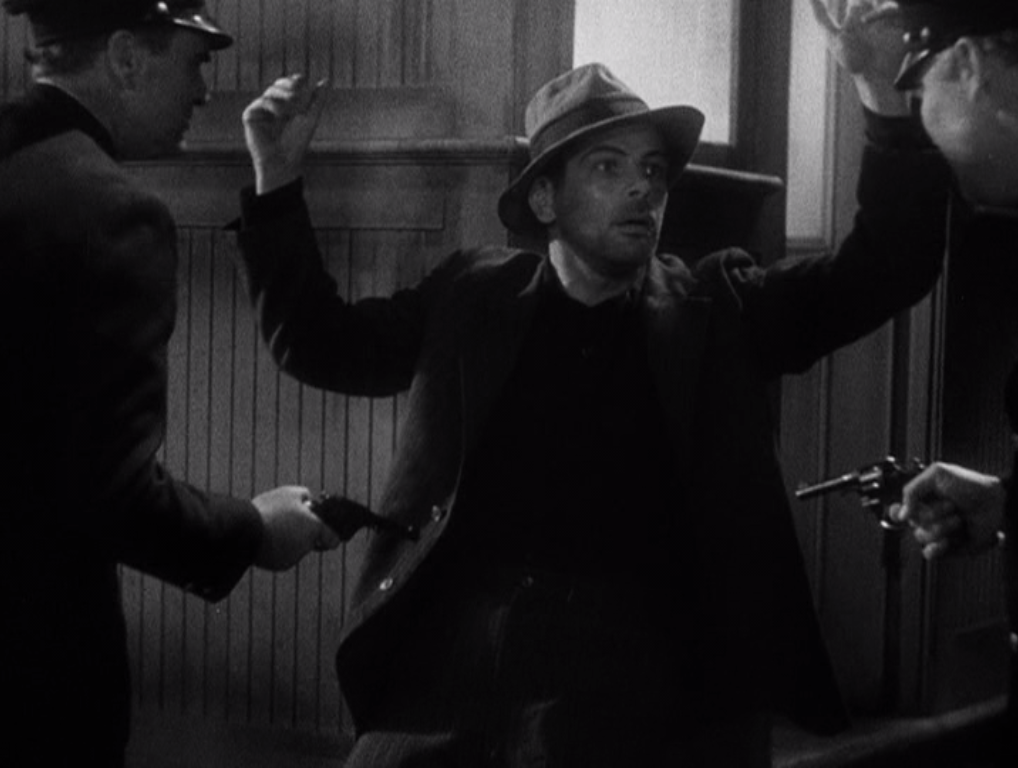
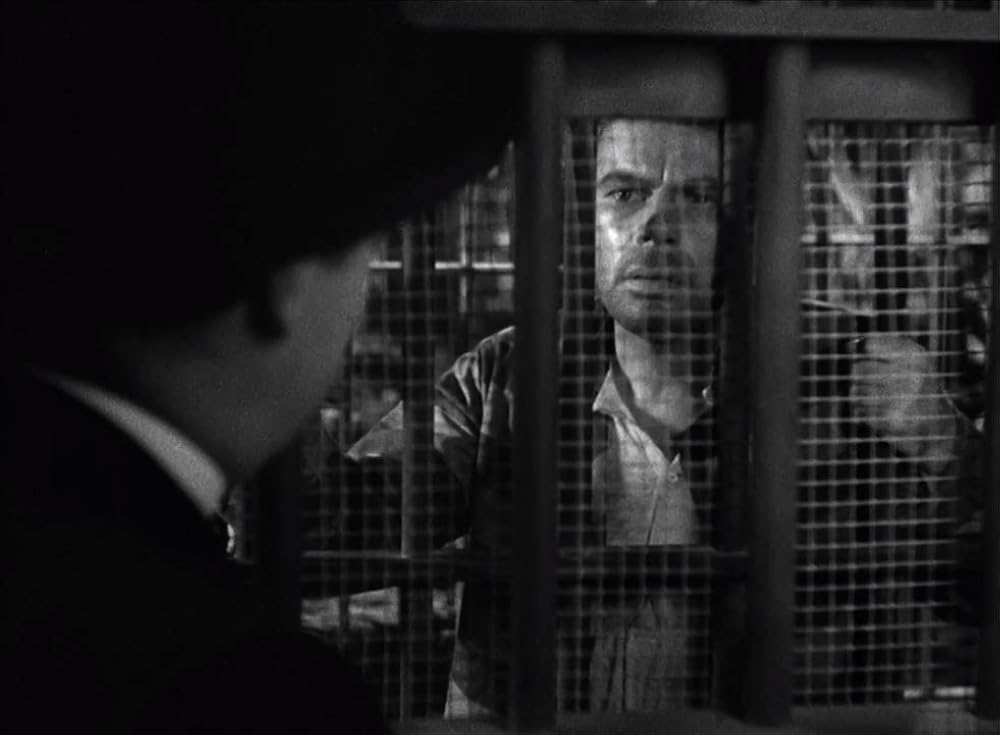
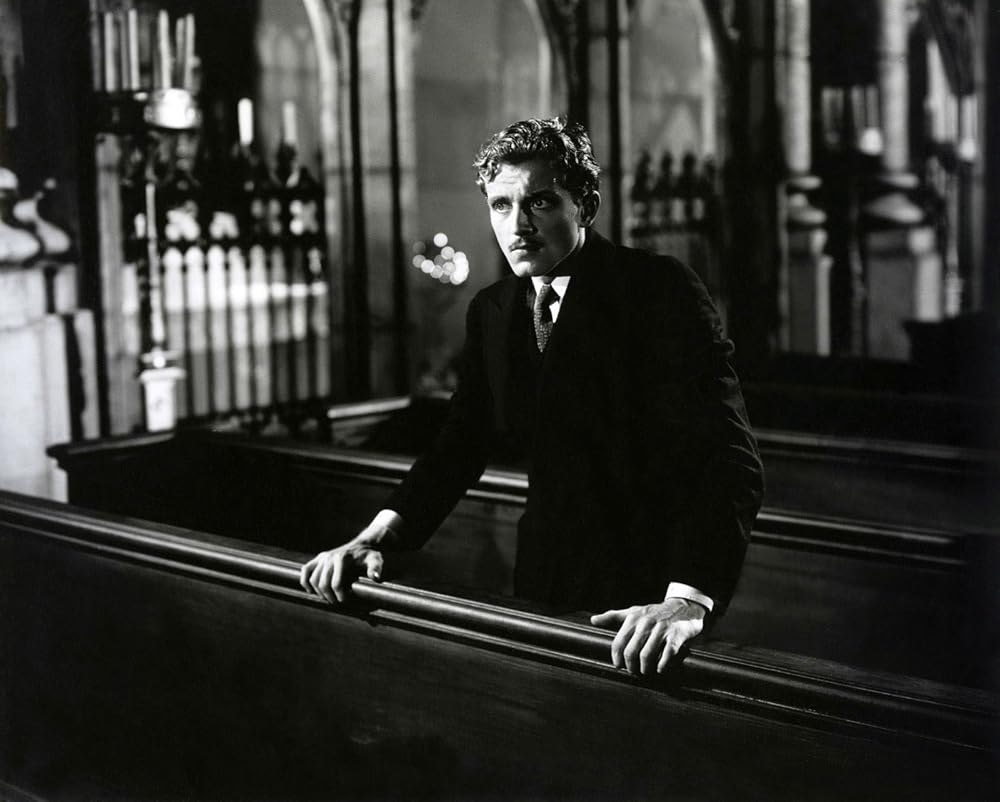
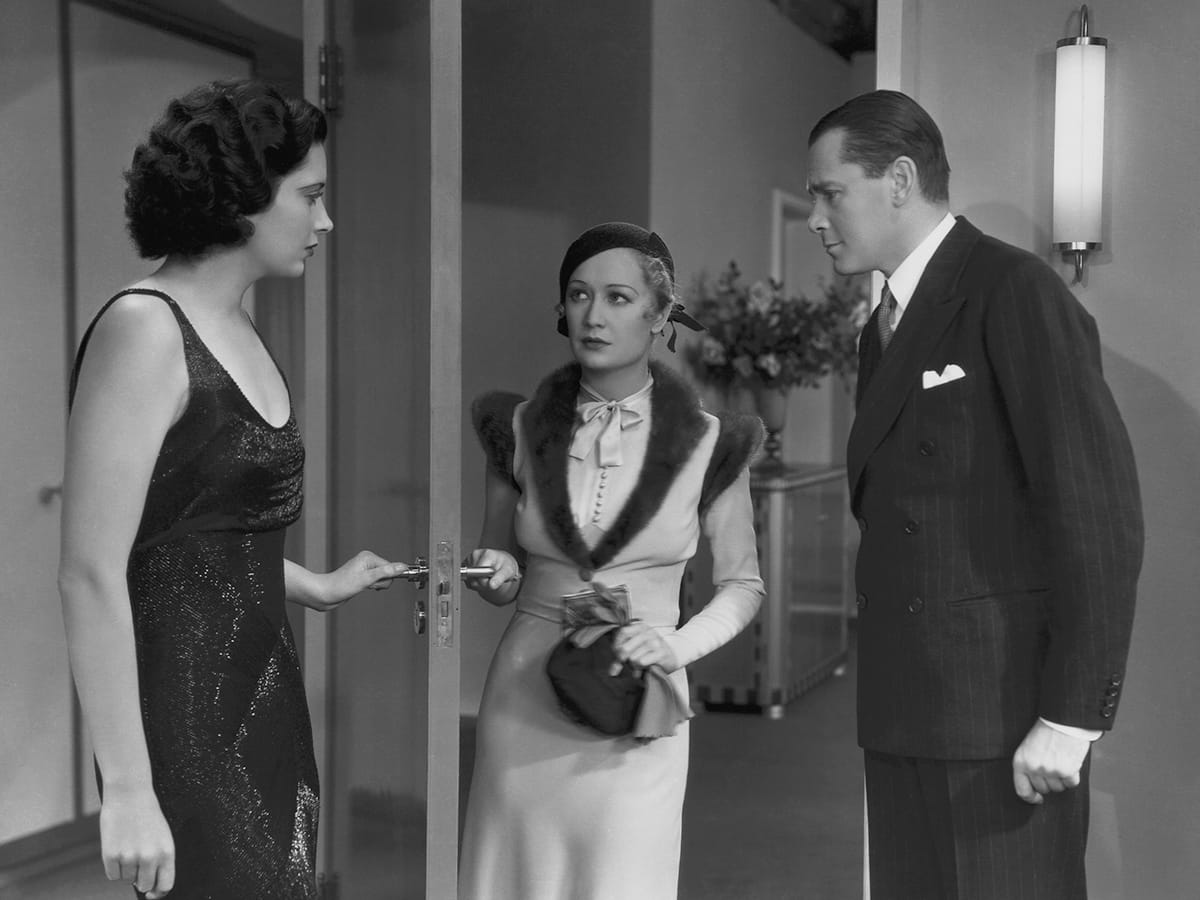


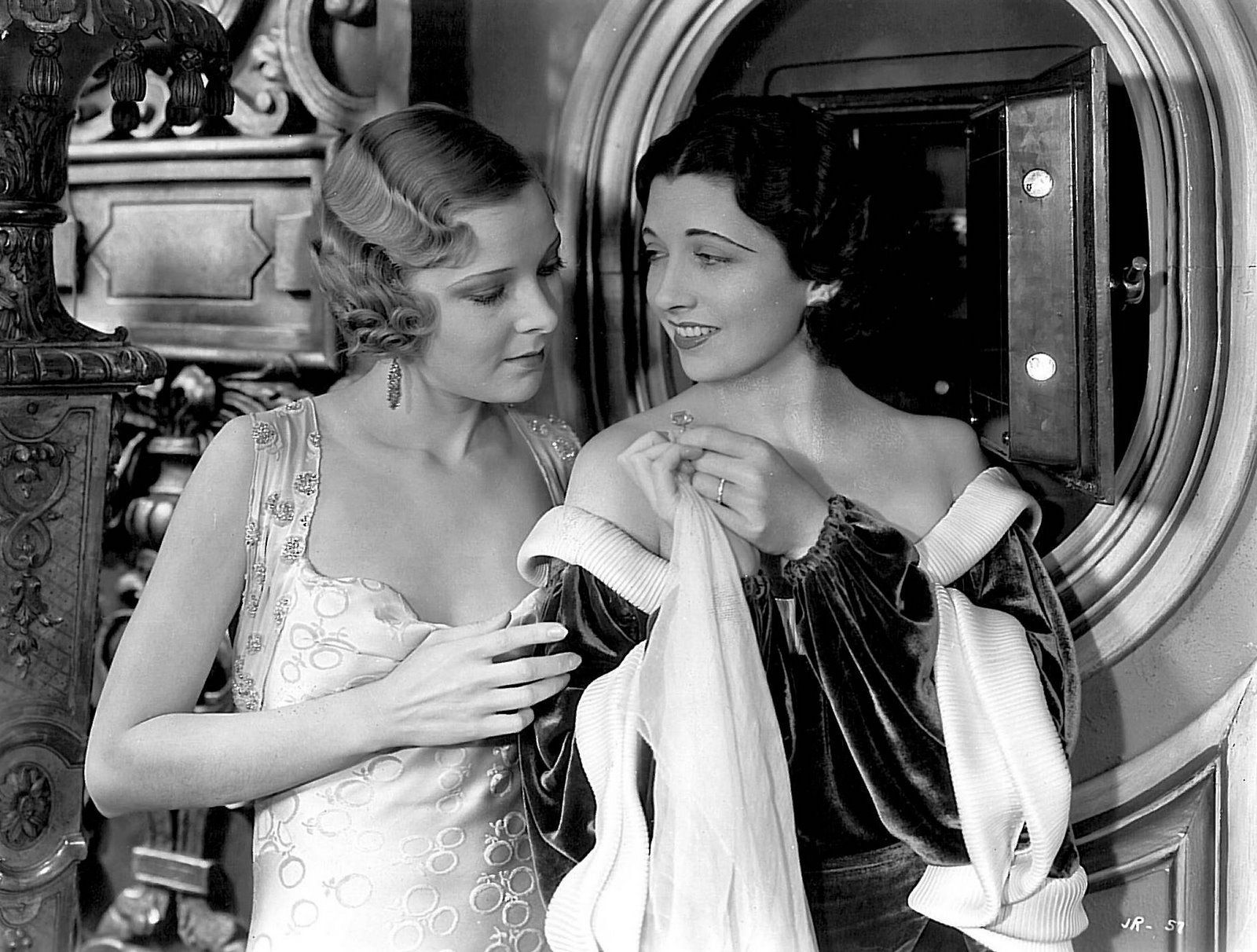
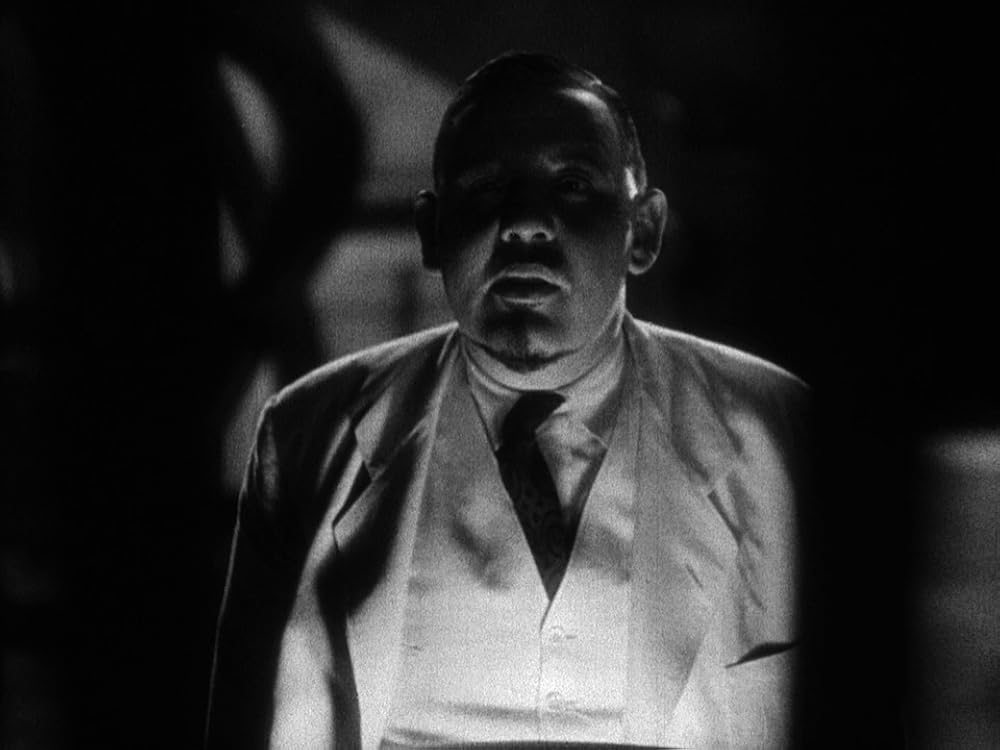
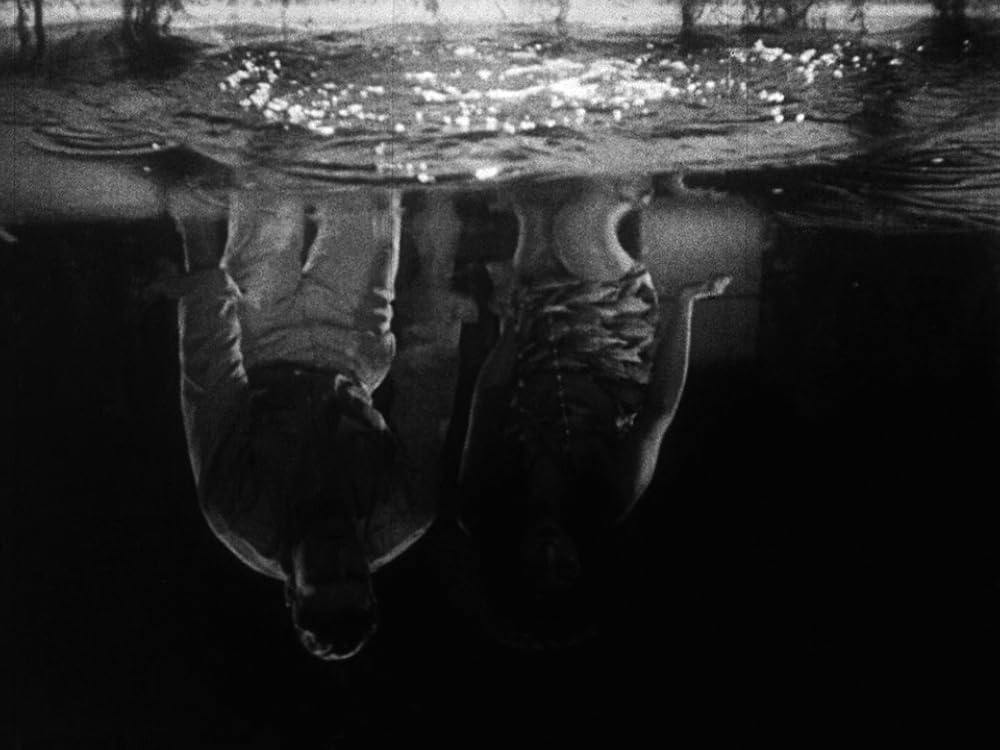
Comments
Post a Comment
Thanks for submitting a comment on my movie blog! 🎬 Your comment won’t show up here right away. 😐 To make sure your comment gets seen, I recommend sharing this post on social media and saying whatever you feel like! 🤓